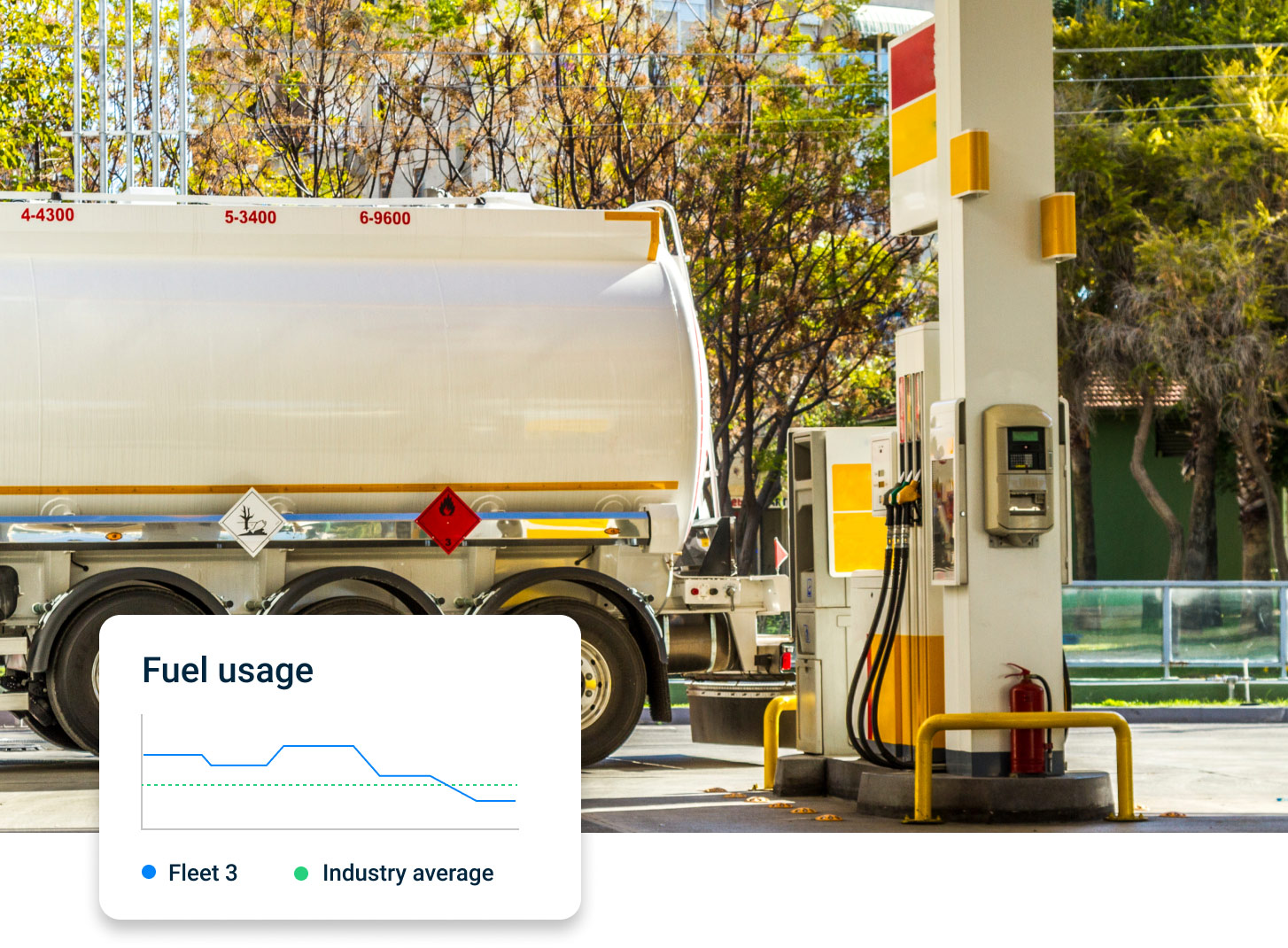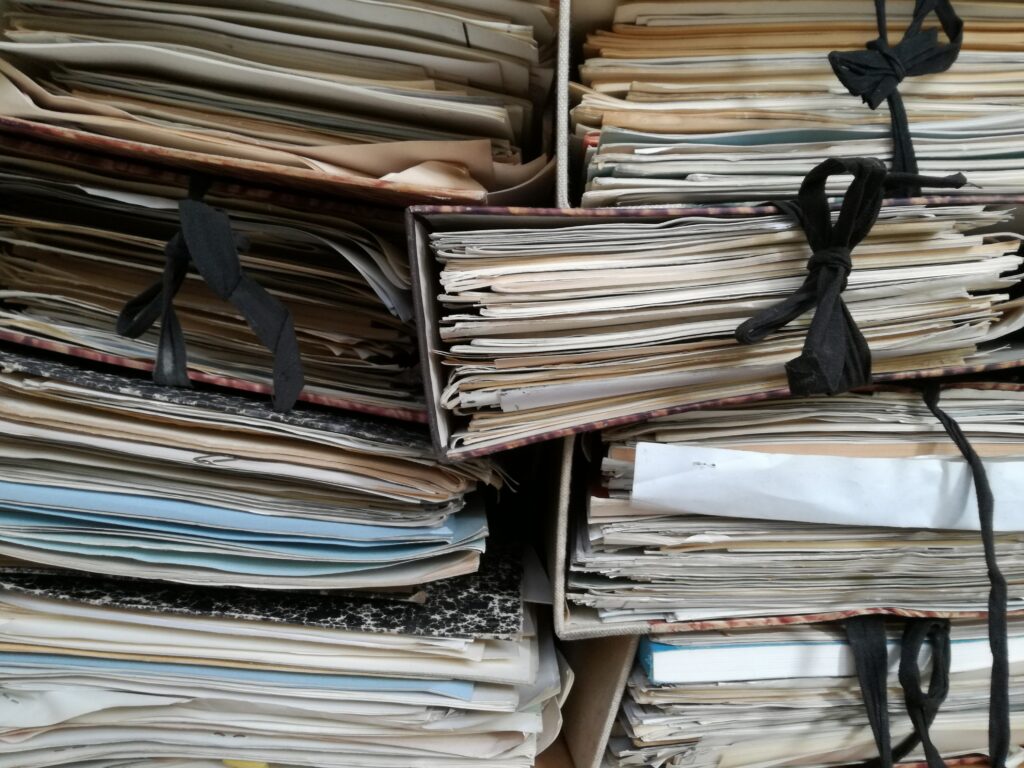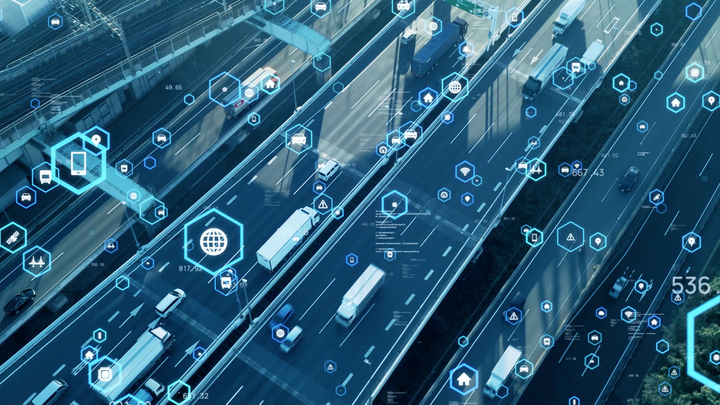The theory of aggregation of marginal gains is sometimes overlooked in large scale transformations that are seeking big percentage results in their programs. But companies like Samsara seem to be following a methodology of small changes reaping big rewards.
Samsara is a leader in the connected operations cloud, and a company on a mission to disrupt the world of physical operations by enhancing the safety, efficiency and sustainability of their customers’ performance.
Earlier in January Samsara hosted a virtual panel to discuss the transformative work that they are enabling in the world of transportation. The event was hosted by Leif Eriksen from IDC, who opened the discussion by sharing an insight about the power of measuring data and analytics in the transportation industry leading to a 3 percent reduction in C02 emissions.
Suyog Deshpande, product, partner, and technical marketing lead at Samsara, gave a demonstration of the data-driven capabilities that reside within its connected operations cloud. The customer in the demo owned a large fleet of trucks operating across America.
The platform provides data on a live map using sensors on the vehicle that allow equipment maintenance, communications between drivers and the fleet manager and vehicle diagnostics. Real-time vehicle and location diagnostics allow for improvements in efficiency, safety, and sustainability. Efficiency stats are live fed to the driver, allowing them the make informed decisions to enhance their journey.
One of the features on the platform was the ability to capture idling data and turn it into time, money and environmental costs. One of Samsara’s customers, GP Transco, saved over $350,000 in annual fuel costs by identifying real-time fuel and idling usage with the Samsara platform. As well as this, by using the Samsara AI Dashcams, it was able to coach its drivers based on their driving, resulting in a reduction in speeding by 60 percent and decreasing accidents by 30 percent.
Data in the right hands
The data capabilities are not just in the hands of fleet owners or RGV drivers either. Conor Riffle, SVP of the newly public-facing digital waste and recycling company Rubicon, has also been on the driving end of marginal gains in the waste management sector.
Rubicon is a strategic partner, bringing Samsara technology to improve the mission to create smart cities around the US. Garbage collection is a dirty business, with the emissions released from the collection trucks adding a significant amount of gas into the atmosphere and impeding Rubicon’s mission to end waste.
One example of data driving the same kind of instructional information to users was the AI function within the RubiconSmartCity system which detected recycling contamination, a significant challenge in intelligent waste management and major cost challenge for Rubicon customers. The AI findings are driving an education program back to citizens, leading to all-around improvements as people know what not to put into the recycle pile.
Not-so-marginal challenges
Challenges across all industries at the moment sound far from marginal, and the news of Big Tech shedding fleet loads of its workers may be dampening the spirit of optimists at the moment. Economic headwinds, supply chain disruption, and the ever-present threat of the next round of COVID loom large in the minds of all leaders at the moment.
Jeff Hausman, chief product offer at Samsara added, “There’s certainly a number of challenges that our customers are raising to us, whether that’s just operating costs and expenses, or looking for ways to be more efficient in tight times in light of the macroeconomic environment.
“Any way that we can help them to better understand and run things more efficiently is top of mind, whether it’s getting more usage out of the assets they have or identifying opportunities to drive more efficiency by reducing spend on things like fuel or looking for ways to improve driver safety.”
With the across-the-board drive to ‘do more with less’ within the enterprise, Samsara recognise that they have a role to play in kitting the world out for efficiency. Stephen Franchetti, CIO of Samsara, talked about the need to be “constantly paying attention to how they drive efficiencies in one area of business to be able to free up funds to invest in another.”
The aggregation of the aggregation
Following on from the case study mentioned above, Samsara also conducted a closer look into their customers’ data and found more impressive results.
Max Eversfield, Samsara enterprise field solution expert, tells ERP Today that “small changes can reap big rewards. We recently did a big data dive of all our customers and found that in total, they collectively managed to reduce engine idling rates from 9.4 percent to 5.8 percent over the last year.
“That may not seem like much, but together, that accounts for a reduction of 149 million hours and a combined saving of $596m.”
To make real headway on the road this year, it may be time to apply the theory of marginal gains like Samsara is doing in the transportation industry.




